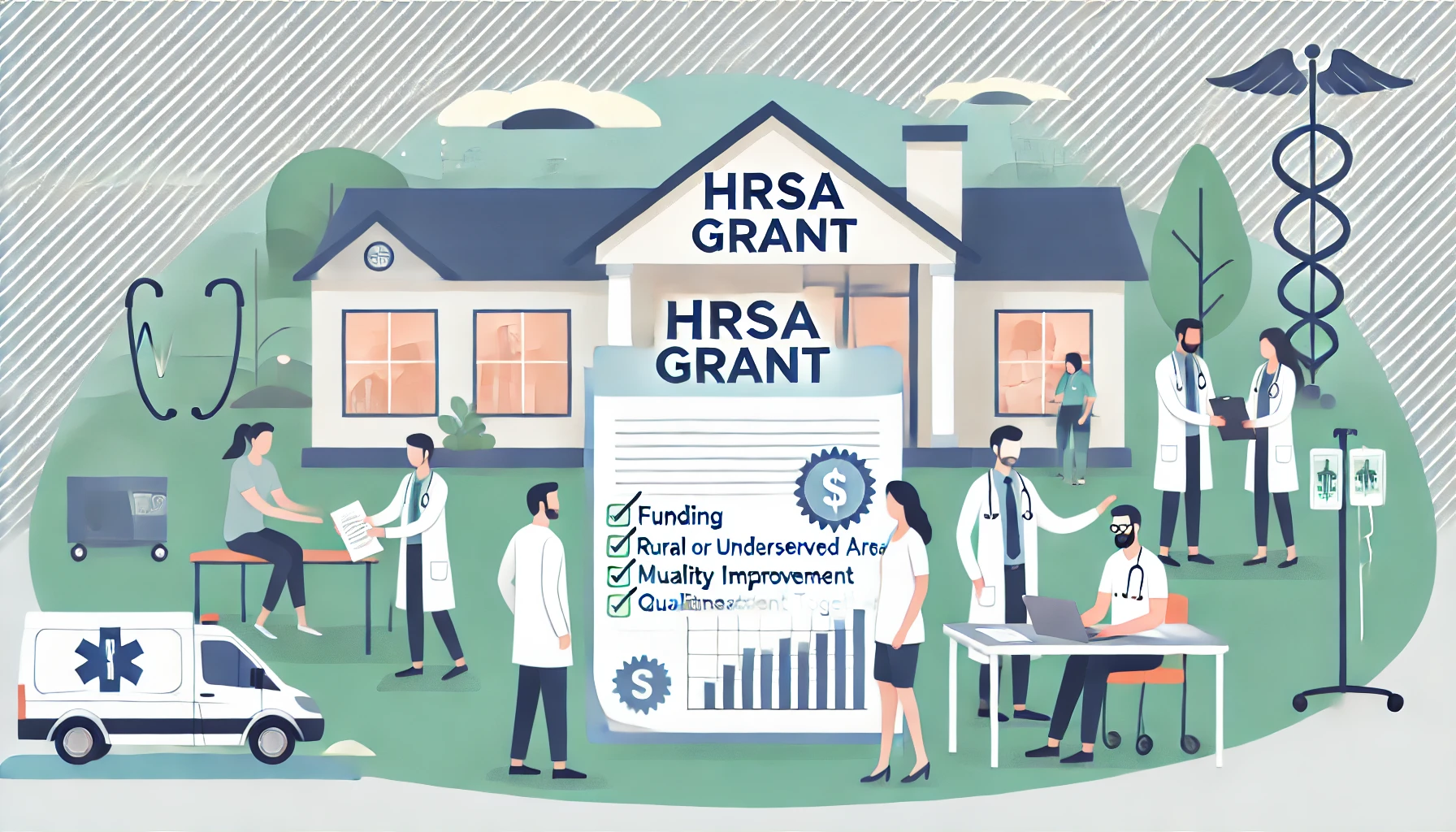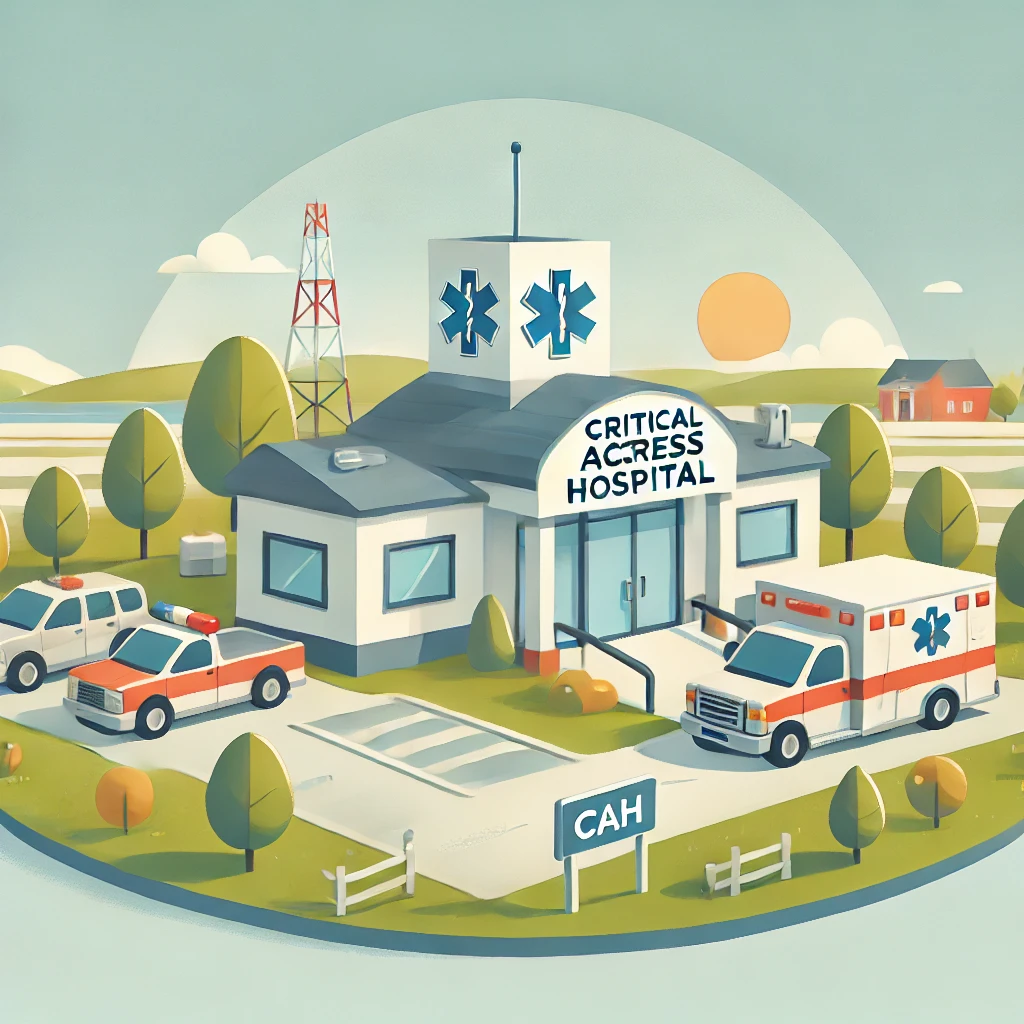
Table of Contents

AI-powered diagnostic platform by Oatmeal Health aims to revolutionize lung cancer screening in underserved communities, reducing healthcare disparities.
AI-powered diagnostic platform by Oatmeal Health aims to revolutionize lung cancer screening in underserved communities, reducing healthcare disparities.
AI Transforms Lung Cancer Screening for Underserved Healthcare Communities
In a groundbreaking development, Oatmeal Health has introduced an innovative AI-powered diagnostic platform that promises to revolutionize lung cancer screening in Federally Qualified Health Centers (FQHCs), addressing critical healthcare disparities that have long plagued underserved communities.
The Critical Challenge of Lung Cancer in Underserved Populations
Lung cancer remains one of the most devastating health challenges, particularly for communities with limited access to advanced medical screening and diagnostic technologies. Minority and low-income populations consistently experience higher lung cancer mortality rates due to delayed detection and limited healthcare resources.
How AI is Changing the Diagnostic Landscape
The new AI diagnostic platform developed by Oatmeal Health represents a significant leap forward in patient safety and early detection strategies. By leveraging advanced machine learning algorithms, the technology aims to:
- Provide more accurate and rapid lung cancer screenings
- Reduce diagnostic errors in resource-constrained healthcare settings
- Lower the financial and technological barriers to comprehensive cancer screening
The Role of Technology in Addressing Healthcare Disparities
While technological solutions like AI offer promising interventions, they also raise important questions about implementation, accuracy, and accessibility. External peer review becomes crucial in validating these innovative diagnostic tools, ensuring that AI-driven screening methods meet the highest standards of medical accuracy and patient care.
Potential Benefits and Considerations
Medplace recognizes the transformative potential of such technologies in healthcare. Our platform specializes in connecting healthcare providers with independent, highly credentialed experts who can critically evaluate new diagnostic methodologies like this AI screening platform.
The Importance of Independent Verification
While AI shows tremendous promise, independent peer review remains essential in validating new diagnostic technologies. Key considerations include:
- Ensuring algorithmic accuracy across diverse patient populations
- Verifying the reliability of AI diagnostic recommendations
- Maintaining human oversight in critical medical decision-making
Bridging Technology and Clinical Excellence
The Oatmeal Health platform represents more than just a technological innovation; it's a potential solution to long-standing healthcare inequities. By bringing advanced diagnostic capabilities to FQHCs, the AI platform could significantly reduce lung cancer mortality rates in communities traditionally underserved by advanced medical technologies.
Navigating the Future of Healthcare Diagnostics
As healthcare continues to evolve, the integration of AI with traditional medical practices offers both exciting opportunities and complex challenges. Comprehensive peer review and ongoing validation will be critical in ensuring these technologies truly serve patient needs.
Medplace's Perspective
At Medplace, we understand the delicate balance between technological innovation and clinical reliability. Our network of over 132 medical specialties stands ready to support healthcare providers in critically evaluating and implementing cutting-edge diagnostic technologies.
Conclusion
The AI-powered lung cancer screening platform by Oatmeal Health represents a promising step toward more equitable and accessible healthcare. However, continued research, independent verification, and a commitment to patient safety will be paramount in realizing its full potential.
Original Source: EIN News Article

HRSA FQHC Requirements: A Comprehensive Guide for Healthcare Providers
When it comes to federally qualified health center requirements, there’s no shortage of regulations, expectations, and—depending on your perspective—opportunities.
.png)
.png)

Unlocking Funding: A Guide to Health Resources and Services Administration (HRSA) Grants
Use HRSA grants to fund external peer review programs that enhance care quality, reduce bias, and support compliance in health centers.
.png)
.png)

Understanding Critical Access Hospitals: Definition, Criteria, Requirements, and Medicare Designation
A brief summary of CAH requirements and Medicare Designation.
.png)
.png)



.png)
.png)
.png)






.png)